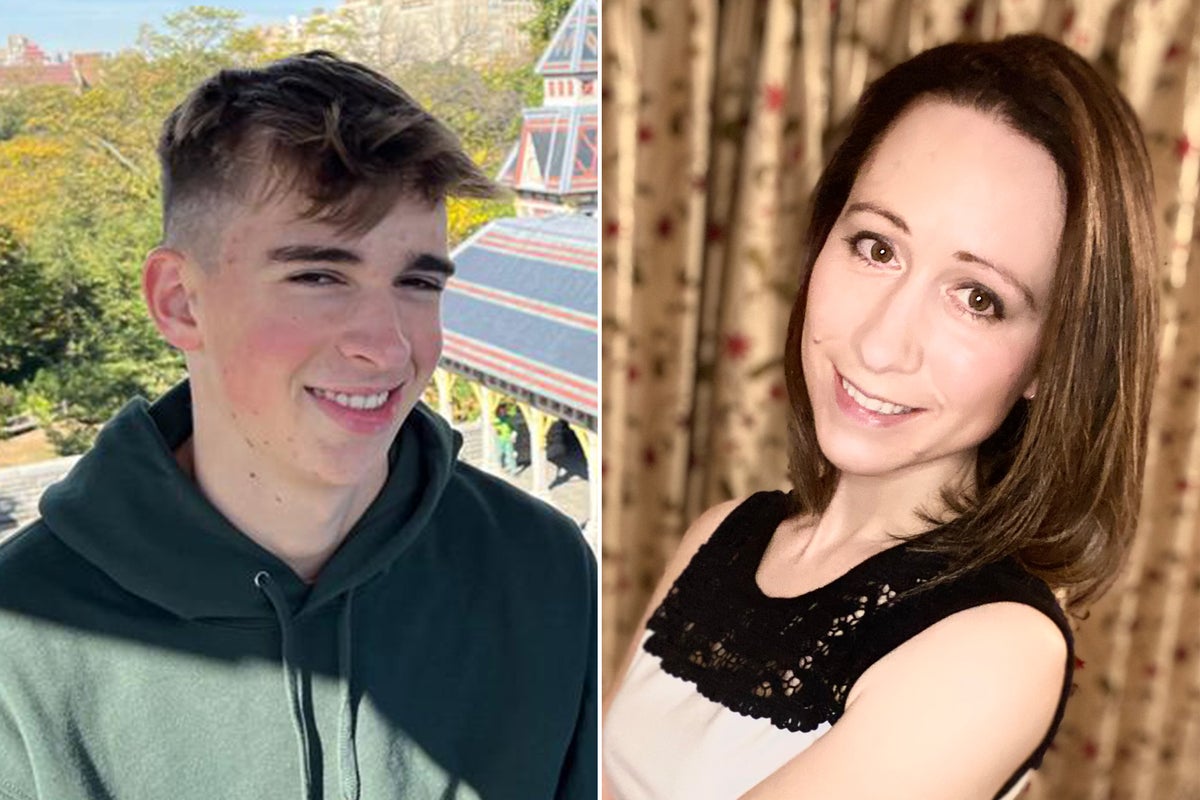
Lucinda Hill-Chambers initially thought her son Charlie and his best friend Ben Ely were messing around when she was told something was wrong.
But when she checked on Ben, slumped forward and breathing with difficulty, she knew she had to take action before it was too late.
“Very quickly I could tell it was serious,” she told The Independent.
Ben had gone to Charlie’s house in Guildford to hang out, a regular occurrence for the 16-year-old boys. But this visit ended up being far from normal, as Ben had suffered a cardiac arrest - where his heart stopped beating.
“We were watching a movie and my eyes became fuzzy so I closed them, and then I have no memory,” Ben told The Independent.
Ben’s mother and father, Sue and Barney Ely, had been a couple of hours away visiting Ben’s grandmother. Ms Ely said she was walking their dog in the woods when Ms Hill-Chambers called with the news.
“You could tell she was a bit panicky, and she said ‘Ben’s collapsed, he’s not breathing’,” Ms Ely said. “I said, ‘What do you mean, he’s not breathing? He’s 16 and a half!’”
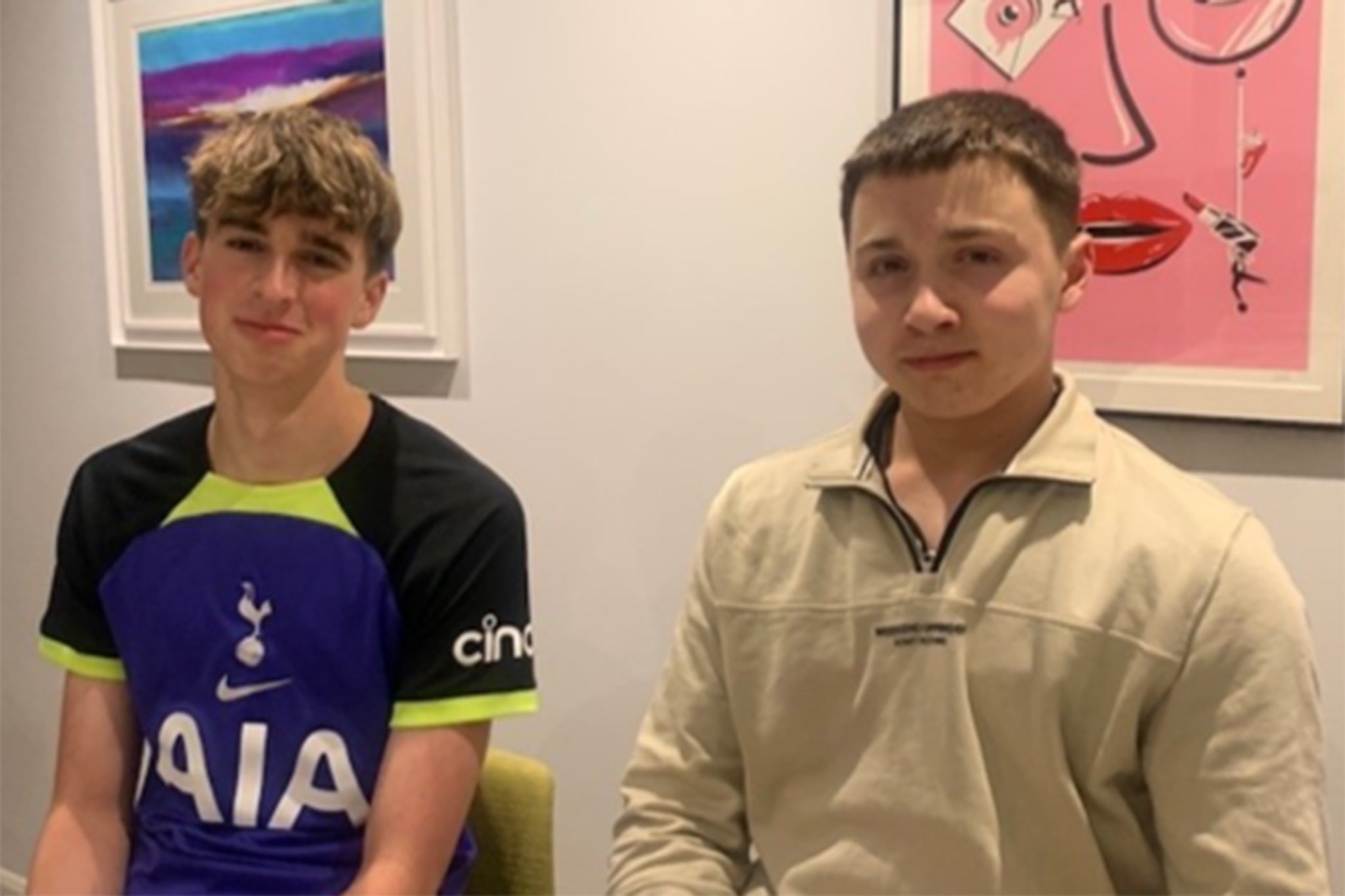
Luckily for Ben, Ms Hill-Chambers knew how to do CPR. She pulled the teenager off the couch onto the floor as she was speaking to the 999 operator, and began performing chest compressions. It was an act that medical professionals, Ben and his family credit to saving his life.
“I just went into autopilot really, thinking I can’t let this boy die in my house,” Ms Hill-Chambers said.
The CPR kept the blood and oxygen pumping around Ben’s body until paramedics quickly arrived and used a defibrillator to restart his heart. It is estimated his heart had stopped for about 15 minutes.
As Ben’s parents rushed into London, Ms Hill-Chambers flew with Ben to St George’s Hospital in Tooting. She said it wasn’t until she returned home to see the medical paraphernalia strewn in her house that the reality of what had happened sank in.
“I try not to think about what would have happened if I hadn’t been there,” Ms Hill-Chambers said.
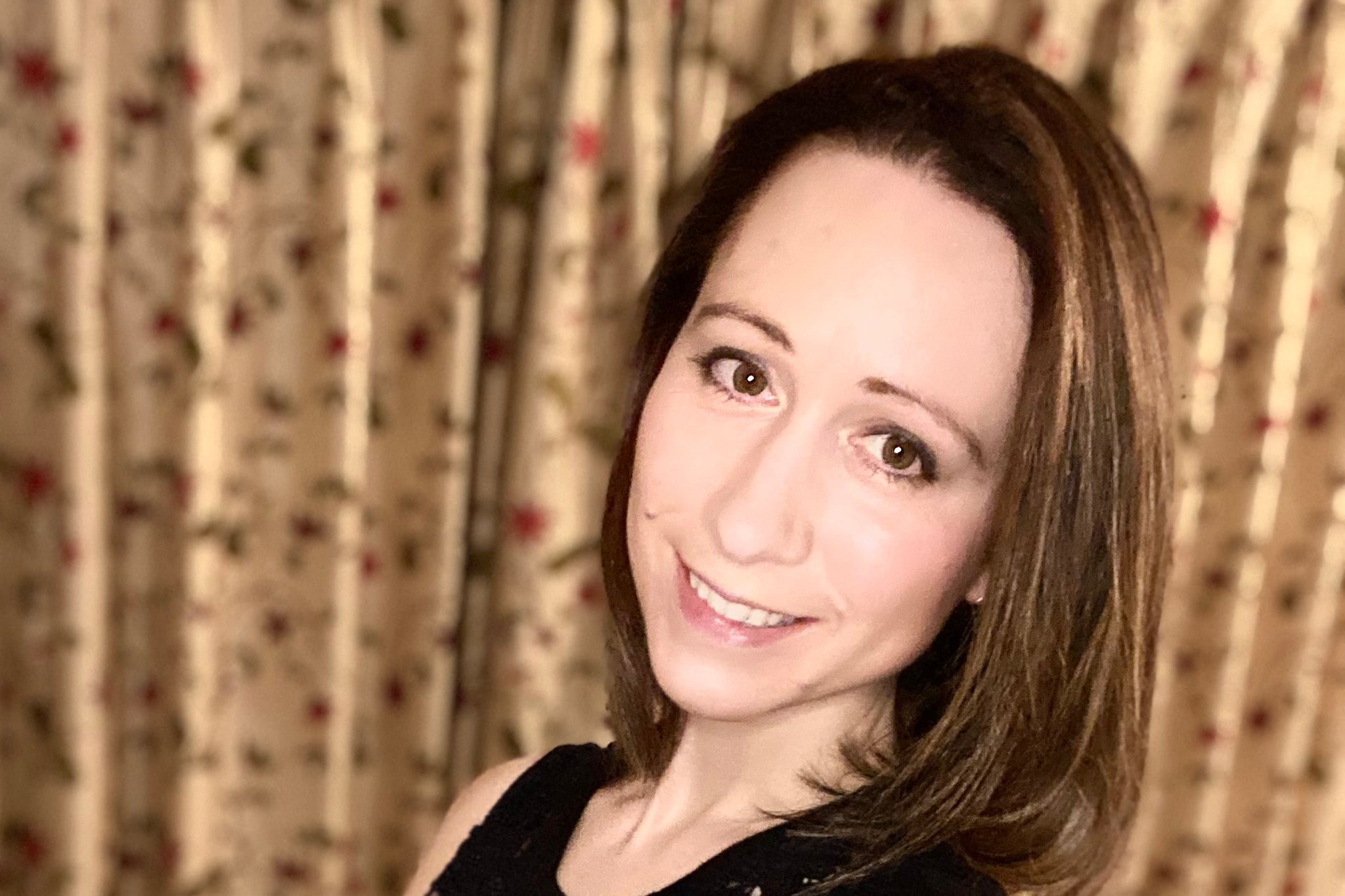
Ben himself doesn’t remember much from that night, but he was grateful Ms Hill-Chambers reacted quickly and performed CPR in what would have been a very stressful situation.
“Lucinda had knowledge of how to carry out CPR, but you actually need to be brave enough to then carry it out,” he told The Independent.
“The hospital staff regularly commended her during my stay at the hospital and said that it was thanks to her that I was still here, but also that I had recovered from a memory and cognitive perspective so quickly.”
Ms Ely said it took some time for her and her husband to process what had happened, but Ben has been remarkably “unbothered” by his near-death experience.
Ben added: “I felt there was nothing I could have done about it, so there was no point in worrying about it or focusing on that.”
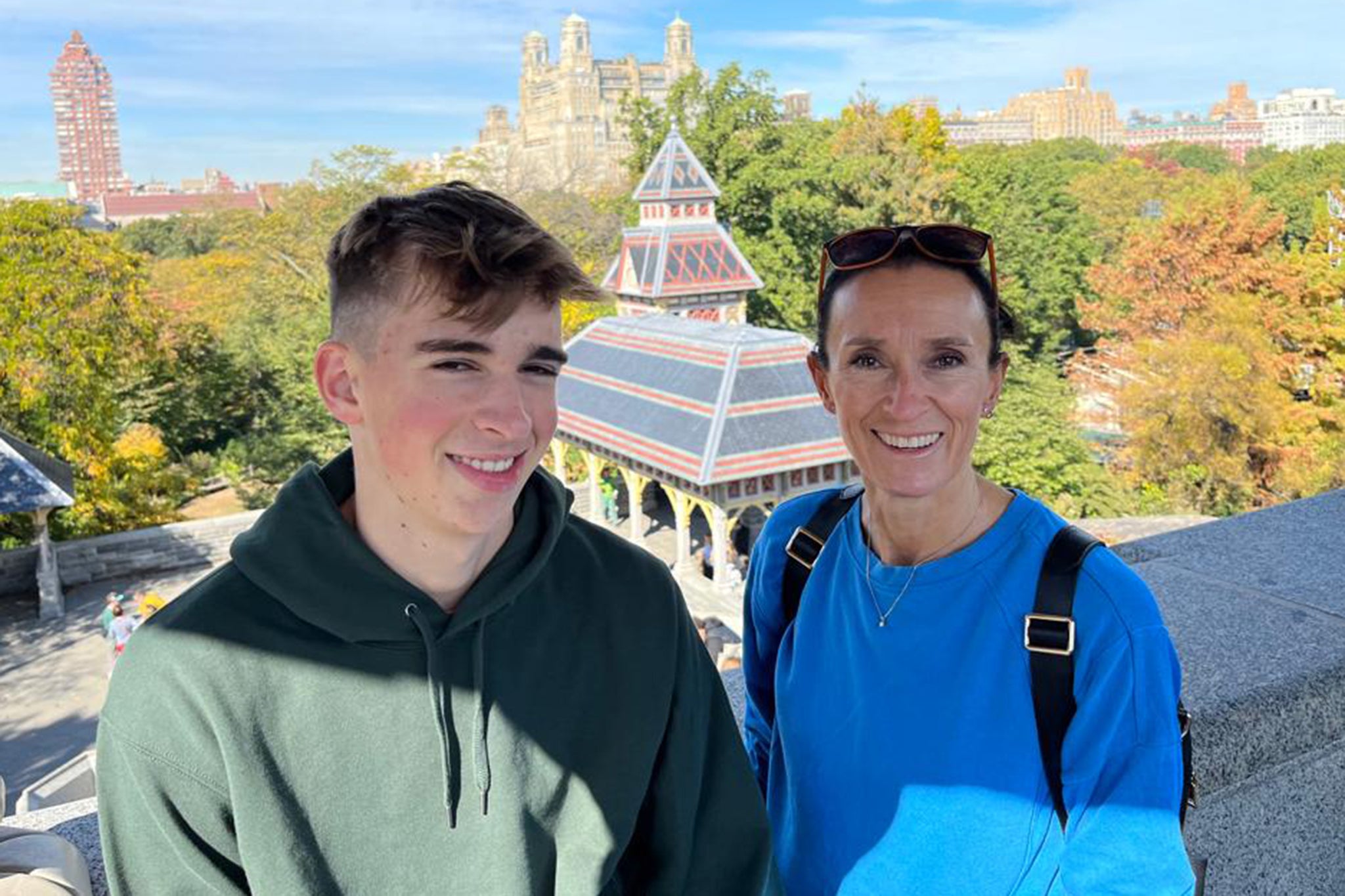
Cardiovascular disease is one of the leading causes of death in the UK, and the British Heart Foundation estimates there are more than 7.6 million Britons living with heart and circulatory diseases.
These conditions are not just an issue for older people, as Ben’s experience shows, and he was a lucky one: the British Heart Foundation says 12 people under the age of 35 are lost to sudden cardiac death in the UK each week.
Ben was diagnosed with atrial fibrillation and is now on medication. He also had an external defibrillator implanted, and has since returned to doing normal teenage boy things - both Ms Ely and Ms Hill-Chambers joked the boys see more of each other than their parents.
But some things have changed: thanks to training from the British Heart Foundation, Ben’s family now know how to perform CPR. Ms Ely and Ms Hill-Chambers said it was a vital skill that should be taught at schools and by employers across the country.
“You never know when you might need to use these skills,” Ms Hill-Chambers said.
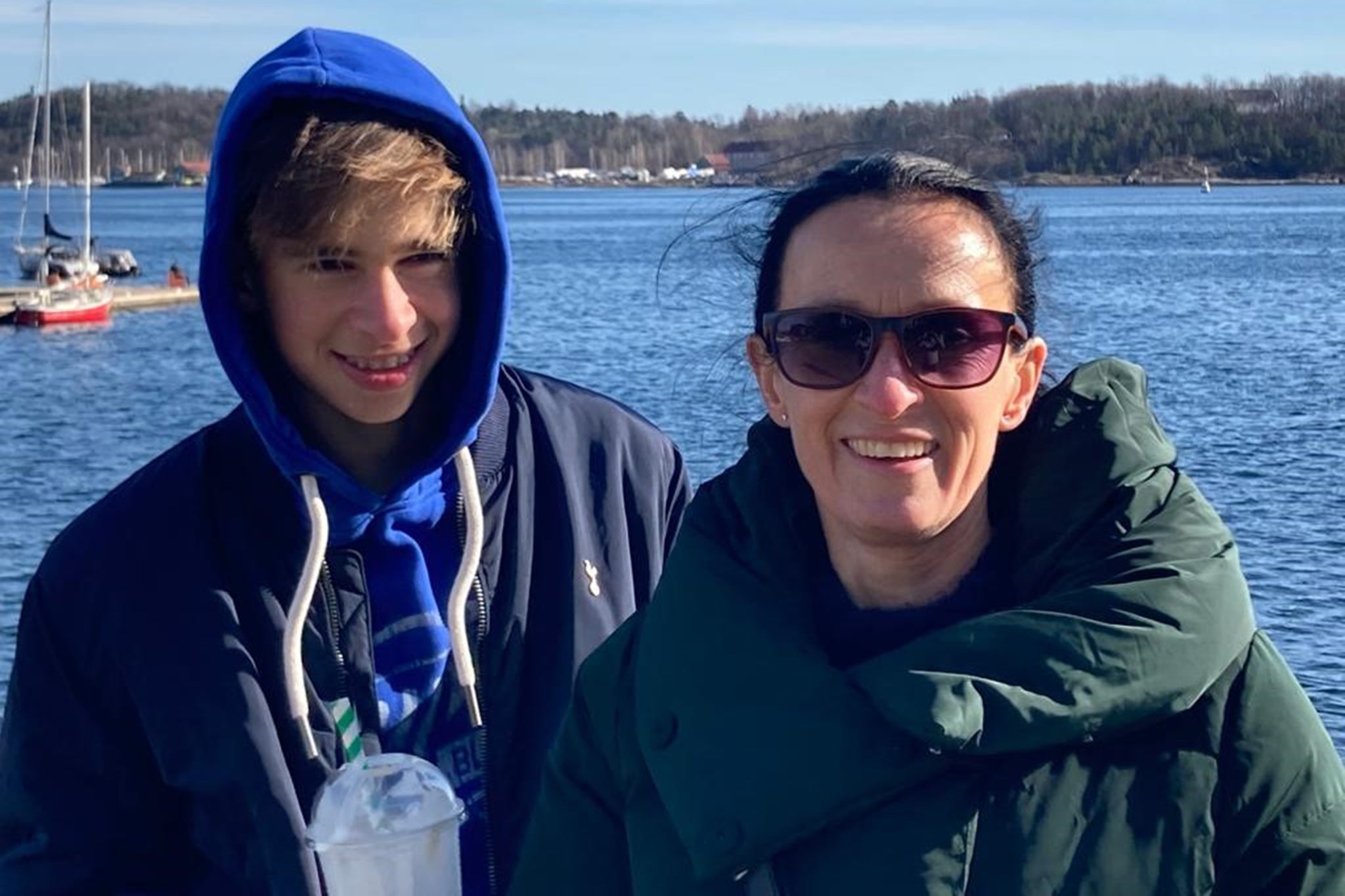
Ben added that having more defibrillators in public places could also save lives, and you never know who might have a cardiac arrest.
“I was very young for this to have happened to me, so it is important for people to understand it can happen to people of all ages,” he said.
Judy O’Sullivan, director of innovation in health programmes at the British Heart Foundation (BHF), said there were 30,000 out-of-hospital cardiac arrests in the UK each year.
“Every second counts when someone has a cardiac arrest and, alongside CPR, prompt use of a defibrillator is critical for the best chance of survival. To put it simply – access to a defibrillator could be the difference between life and death,” she said.
The Omaze million-pound house draw, which closes on Sunday, is helping the BHF fund more local defibrillators in communities across the country and The Circuit, the national defibrillator network.
“This means that we can help save more lives, like Ben’s, in the ultimate medical emergency,” Ms O’Sullivan added.







